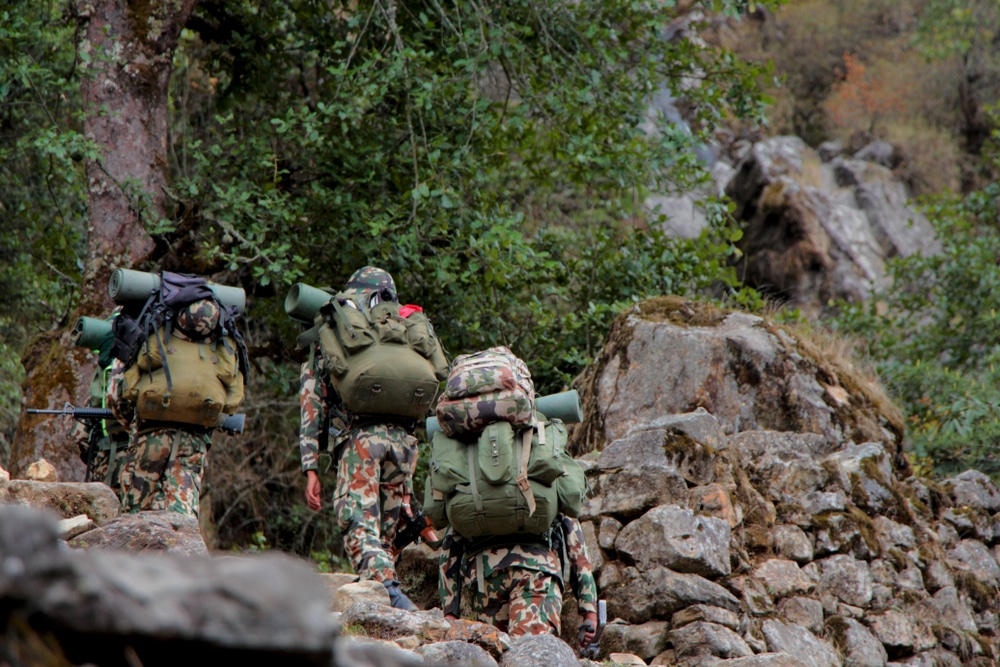Amid the ongoing conflict between Russia and Ukraine, reports have emerged of a substantial number of Nepalis being recruited to fight for Russia. A CNN report cited that up to 15,000 Nepali nationals, drawn by the promise of financial gain and the prospect of Russian citizenship, have joined the ranks of the Russian military, facing brutal realities of trench warfare on the front lines. Many of these mercenaries, once civilians struggling for employment in their homeland, are now embroiled in a conflict far from their Himalayan roots, with some returning severely traumatized and others not returning at all.
With a per capita GDP of $1,336 in 2022 and a youth unemployment rate of 19.2%, Nepal faces significant economic challenges. The recruitment of Nepalis by the Russian military comes with a lucrative package, offering at least $2,000 a month and a fast-tracked process for obtaining Russian citizenship. However, the reality on the ground is often far more harrowing than recruits anticipate. Deployed to some of the conflict’s most intense battlegrounds, such as Bakhmut, Nepali mercenaries confront the grim aspects of war, including heavy casualties and the psychological toll of combat.
The Nepali government acknowledges the participation of its citizens in the conflict, citing figures significantly lower than those reported by rights campaigners and opposition lawmakers. There have been calls on Russia to release information about Nepali fighters and to negotiate the release of prisoners of war. Nepal’s Prime Minister, Pushpa Kamal Dahal, has publicly addressed the issue, indicating the government’s efforts to mitigate the recruitment of its citizens by foreign militaries, appealing to Moscow to halt such practices. This situation has not only led to diplomatic discussions but also to legal actions within Nepal, including the arrest of individuals alleged to be involved in smuggling Nepalis into Russia for military service.
The engagement of Nepalis in foreign conflicts is not a new phenomenon, with the country’s history of providing mercenaries, notably the Gurkhas, to global powers like the UK and India. However, the current scenario is markedly different, driven by factors such as economic hardship, unemployment, and the allure of overseas opportunities. The promise of Russian citizenship and the perceived prestige of military service have been significant motivators, exacerbated by social media.
Expanded Coverage:
CNN: Russia has recruited as many as 15,000 Nepalese to fight its war.
Kyiv Post: ‘There to Die’: Nepali Mercenaries Fight for Russia in Ukraine
Nikkei Asia: Nepal mourns mercenaries who died for Russia
BBC: Twelve arrested for smuggling Nepalis into Russian army






